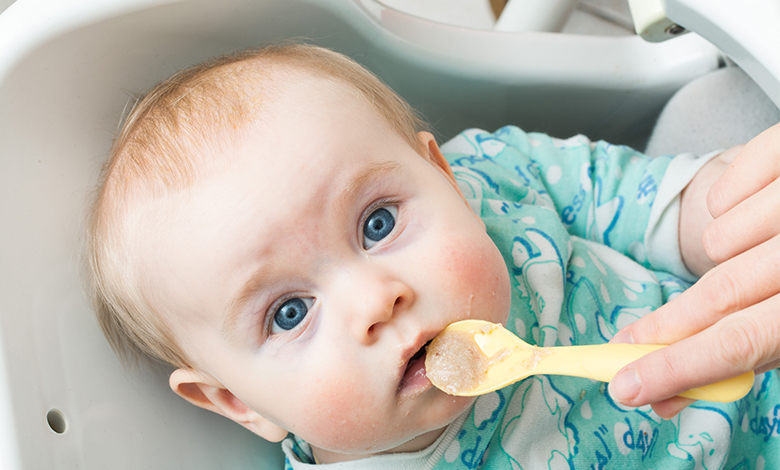Your baby’s circadian rhythm is not yet developed, and usually won’t mature until around 4 months of age. During the first few months, a newborn baby averages 16 plus hours of sleep in a 24-hour period with short bouts of wakefulness lasting only 45-90 minutes.
Sleep time for baby and parents can be tough but hang in there! Around the time that your baby begins smiling at you – from about 7 weeks – his or her bedtime will start to drift earlier, and he/she should start sleeping for a solid 2-3 hours at the start of the night. By around 12 weeks, he/she should be sleeping for longer stretches (typically 4-6 hours).
Until then, though, you need to be patient and ride out her unpredictable sleeping patterns as best you can. While her biological clock is still developing, there are things you can do to help her/him (and you) sleep.
Some tips to help create an optimal sleep environment include:
· Use light and dark cues to help develop the circadian rhythm
· Ensure your baby gets enough daytime sleep
· Create an optimal sleep environment
· Let your baby practice falling asleep and
· Feed your baby well during the day.
You might be interested in

Try Our Baby Symptom Checker

6 common concerns you may have about your baby
Even healthy babies can have feeding and digestion problems. Misunderstanding the signs and treating the symptoms can get in the way of a happy household.
